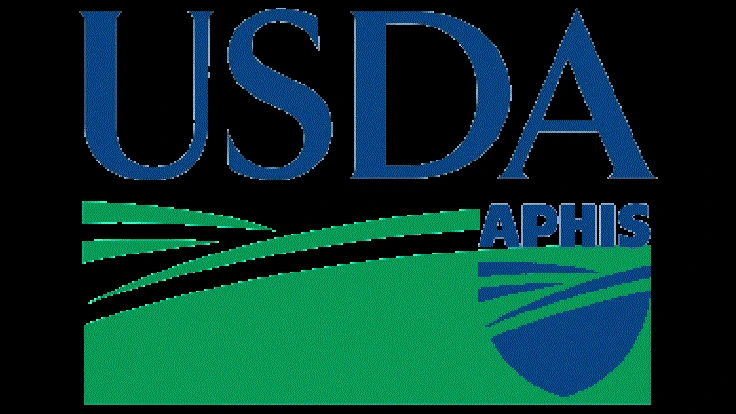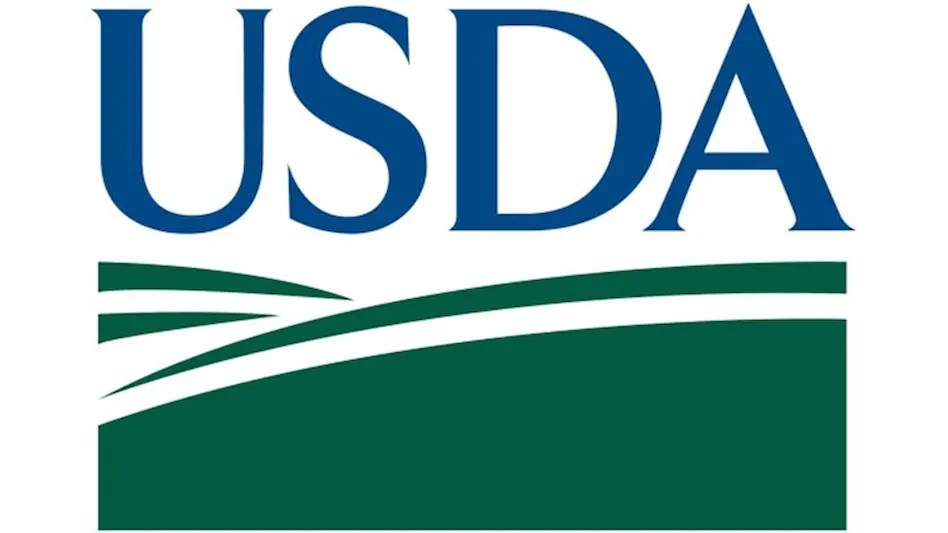
On May 14, 2020, APHIS announced the availability of the Final Rule for its biotechnology regulations 7 CFR part 340. The SECURE rule, which stands for Sustainable, Ecological, Consistent, Uniform, Responsible, Efficient, is the first comprehensive revision of APHIS’ biotechnology regulations since they were established in 1987.
APHIS’ SECURE rule revises the regulations regarding the importation, interstate movement, and environmental release of certain organisms to account for advances in genetic engineering and in our understanding of the plant pest risks posed by organisms developed using genetic engineering.
The rule differs from the previous regulatory framework by focusing on an organism’s properties and not on the method used to produce it. This approach enables APHIS “to regulate organisms developed using genetic engineering for plant pest risk with greater precision than the previous approach. This will reduce regulatory burden for developers of organisms that are unlikely to pose plant pest risks, and continue to provide oversight of organisms developed using genetic engineering that pose a plant pest risk.”
The SECURE Rule was published in the Federal Register on May 18, 2020.
With FDA and EPA, APHIS is a part of the Coordinated Framework for Regulation of Biotechnology describes the Federal system for evaluating products developed using modern biotechnology. The three federal agencies are responsible for regulating the safe use of genetically engineered organisms. FDA has primary responsibility for ensuring the safety of human food and animal feed, as well as proper labeling and safety of all plant-derived foods and feeds. EPA regulates pesticides, including plants with plant-incorporated protectants (pesticides intended to be produced and used in a living plant), to ensure public safety. That agency also regulates pesticide residue on food and animal feed. APHIS, through its Biotechnology Regulatory Services (BRS) program, regulates the introduction of certain organisms developed using genetic engineering that may pose a risk to plant health.
Latest from Quality Assurance & Food Safety
- Bird Flu: What FSQA Professionals Need to Know
- Registration Open for 129th AFDO Annual Educational Conference
- Frank Yiannas, Aquatiq Partner to Expand Global Reach of Food Safety Culture
- World Food Safety Day 2025 Theme: Science in Action
- Ancera Launches Poultry Analytics System
- USDA Terminates Two Longstanding Food Safety Advisory Committees
- Catalyst Food Leaders Announces Virtual Leadership Summit for People in Food
- Food Safety Latam Summit 2025 Set for Mexico City





